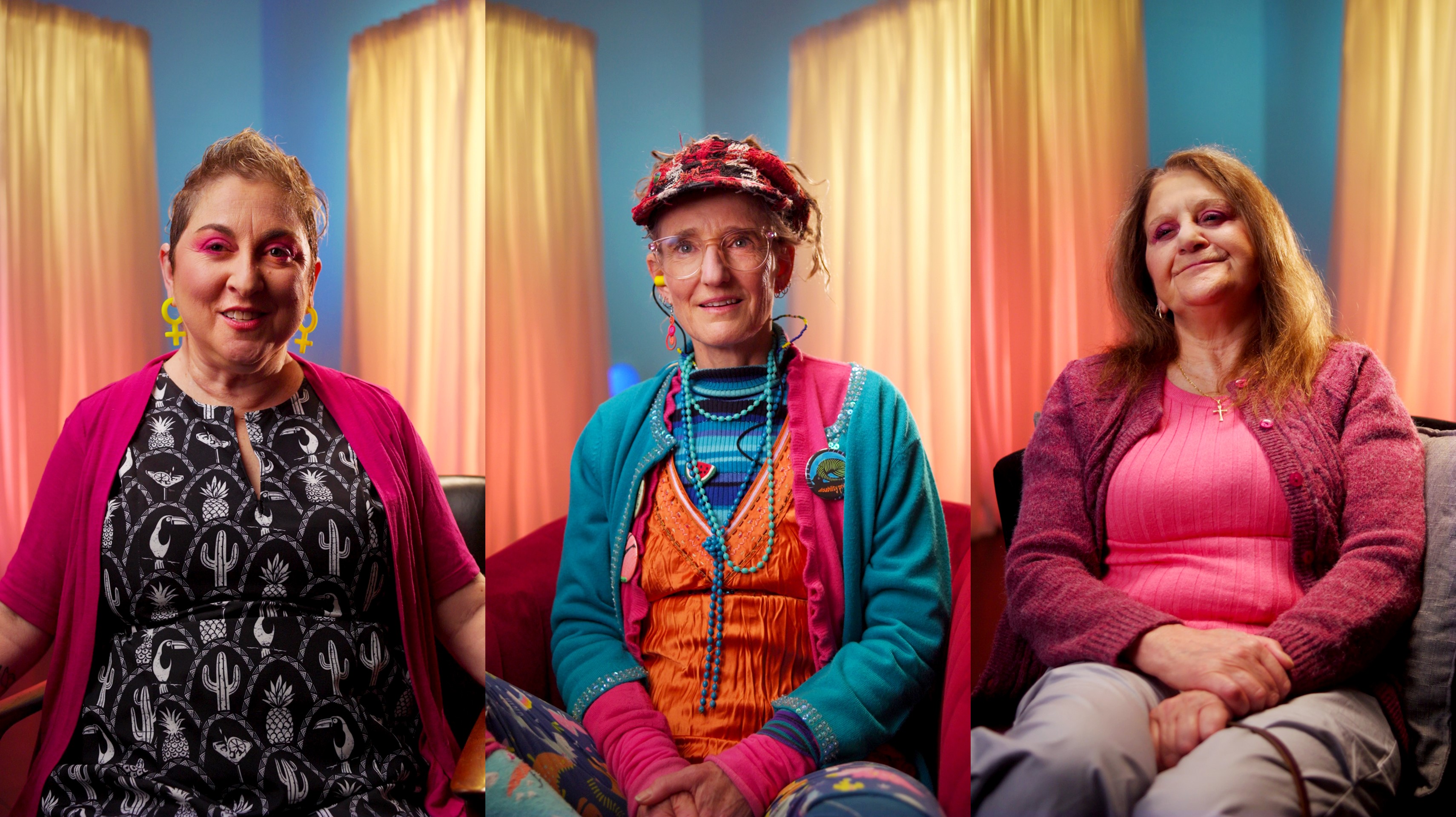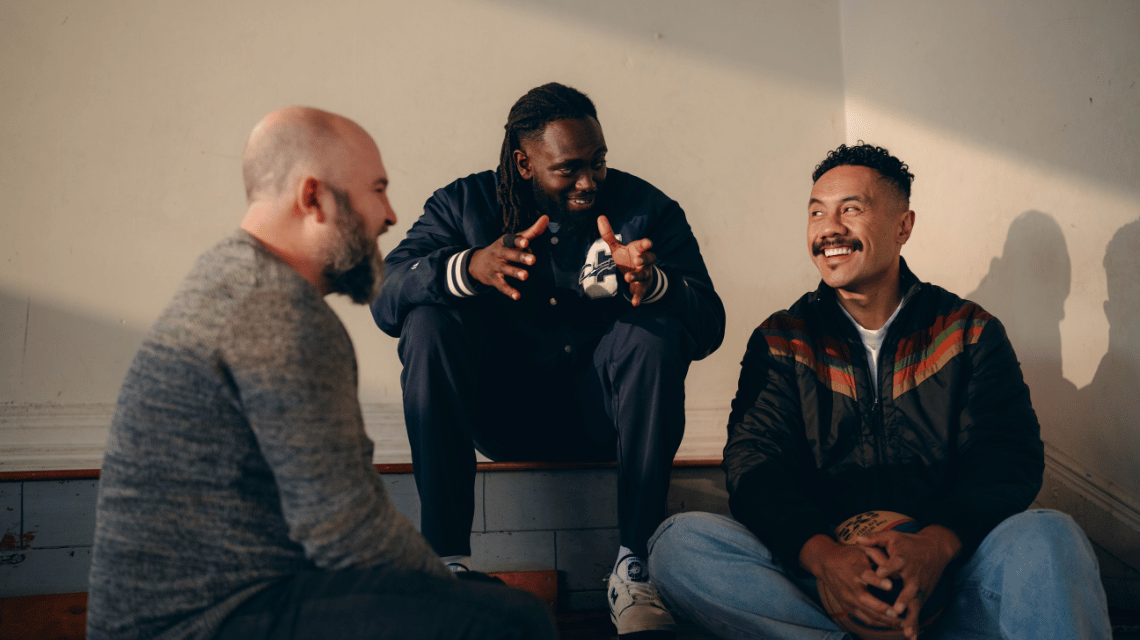Perhaps nowhere in Australia do people understand that sport is a culture the way that Victorians do. It unites us like almost nothing else... even when we barrack for opposing teams. We know it’s the little things that shape a culture – a pregame kick-to-kick, a club song, a coloured scarf whipping out the car window on the way home. But it’s also the big things that shape a culture – sport is a way to connect with your family and mates, it’s part of your identity.
Like the culture of sport, our wider culture is shaped by little things and not-so-little things. Language, rituals, traditions, beliefs – they act as signals, communicating who is valued, who is included, who gets to play.
Significant steps have been taken by many state and national sporting codes over the past decade to move towards equality. But we know that sexism is still part of the sporting world – within teams and organisations, as well as in the stands, and in the homes of fans. Other forms of discrimination like racism, homophobia and ableism can also be found on and off the field.
Right now, violence against women happens because our culture allows it. Those little things and those not-so-little things: a rape joke brushed off as locker-room banter. A dad discouraged from leaving work early to take his daughter to her game. A local club not having change rooms for the women and girls who play there.
These are all signals of a culture that shape a narrative about men and women. And preventing violence against women is inextricably linked to these signals.
We all have an opportunity to use sport – playing, watching, and learning about it – to:
- break free of stereotypes that harm women and girls
- create an even playing field for future players and fans
- challenge outdated ideas about men and masculinity
- foster safe, inclusive communities on and off the field.
The only way to prevent violence against women is to change the culture that allows it to happen. Through sport, we have the power to create a safer world for women and girls.
The language we use, the standards we accept, the policies we create, the people we cheer on – all those things signal who and what is valued. These are the parts of culture we have to shape to prevent violence against women.
Preventing violence against women is a team effort. And each of us has a position to play in shaping each of the cultures we’re a part of.
How can you call it out?
To create a more equal playing field, whether it’s in sports teams, in the stands, or at homes, we can all play a role. There are many ways to call out gender inequality and sexism, and the way you choose to address it will come down to the situation, who is involved, and what you are comfortable with. We’ve put together a few quick tips to get you started:
Call out sexist jokes and comments
We’re all familiar with jokes and slurs that can be used in a sport setting to put people down. Calling it out can be as simple as choosing not to laugh, letting your mate know it wasn’t okay, or pulling them aside afterwards to let them know you didn’t appreciate it.
Model equality from the top down
If you can see it, you can be it. Whether you’re a leader in a sporting organisation or the parent of young kids (or both!), you can influence the way that other people think about equality and gender. Choose your language carefully, look at the way you can positively influence the culture in your workplace or community, and remember that gender equality benefits everyone.
Take action at work or at your club
Wondering what your club or local team is doing to encourage and support equal participation and create safe spaces? Concerned about an issue that isn’t being addressed? Call up or email your club for a chat and ask about their approach. Use social media to start constructive conversations and think about how you can support or encourage people in your communities to ensure sport is equal and accessible for everyone.
Learn more about sexism and sport
Change Our Game is working to level the playing field for Victorian women and girls in sport and active recreation.
Our Watch’s resources on Equality and Respect in Sport include practical tools for organisations.
Carlton Respects is one of the Carlton Football Club’s flagship community initiatives, promoting gender equality for the prevention of violence against women.
Support pathways
If you are experiencing family violence, concerned for your safety, or in an emergency situation please call 000 for urgent police assistance.
If you need support or advice, please reach out to a recommended specialist support service.



